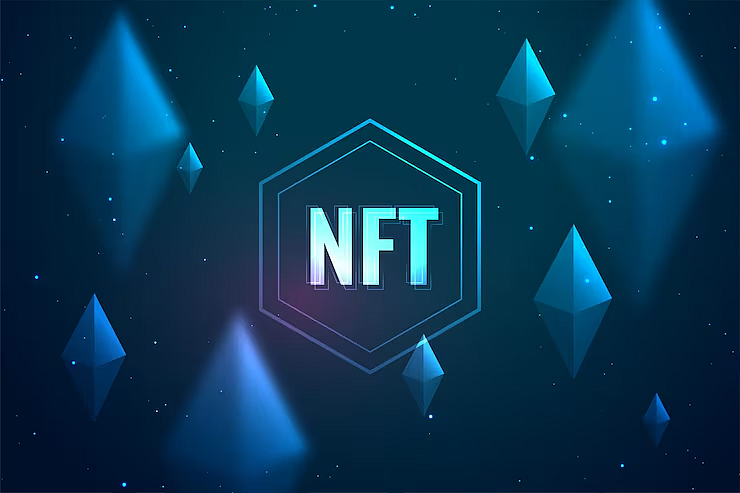The conversation around NFT marketplaces has been dominated by multi-million dollar JPEGs and profile picture collections. But to see these platforms as mere digital art galleries is to miss the forest for the trees. The real revolution is in their potential to become the foundational layer for all digital ownership.
The answer to the question is an emphatic yes. NFT marketplaces are the future of digital ownership, but not for the reasons most people think. They are evolving from simple art exchanges into the infrastructure for a true "internet of value." Here’s how.
1. The Evolution Beyond Art: The Next Wave of Assets
The first wave was about proving digital art could be scarce and valuable. The next wave is about applying that principle to everything else.
Gaming and Digital Identity: Imagine in-game items—a rare sword, a unique character skin—that you truly own. You could sell it on an open marketplace or even use it in a different game. Marketplaces are becoming the stock exchanges for the virtual economy.
Token-Gated Access: The future of memberships, event tickets, and exclusive content is NFTs. Your NFT can act as a verifiable digital key that grants you access to a private community, a special event, or a software license.
Real-World Asset (RWA) Tokenization: This is the ultimate endgame. NFT marketplaces will facilitate the buying and selling of fractional ownership in real estate, intellectual property (like music royalties), and even luxury goods. Your ownership is represented by a token that is liquid, transparent, and easily transferable.
2. The Specialization of Marketplaces
The era of a single, dominant marketplace like OpenSea is ending. The future is niche. We are already seeing the rise of specialized platforms that cater to specific needs, demonstrating a maturing market:
Art-Focused: Platforms like SuperRare and Foundation are the curated art galleries of the digital world.
Music NFTs: Marketplaces like Sound.xyz allow artists to sell songs directly to fans, creating a new model for the music industry.
Gaming Marketplaces: Platforms built on blockchains like Immutable X and Flow are designed for high-volume, low-fee trading of gaming assets.
3. Integration with Decentralized Finance (DeFi)
The line between NFT marketplaces and crypto exchanges is blurring. The next generation of platforms will have DeFi natively integrated.
NFTs as Collateral: You'll be able to use your valuable NFTs as collateral to take out loans directly on the marketplace.
Fractionalization: Can't afford a whole CryptoPunk? Marketplaces will allow a high-value NFT to be split into thousands of smaller pieces (tokens), which can then be traded like regular cryptocurrencies.
The Challenges Being Solved
The path to this future requires overcoming the technology's early limitations, which is happening now:
Environmental Concerns: The shift of blockchains like Ethereum to Proof-of-Stake and the rise of energy-efficient Layer-2 networks are drastically reducing the carbon footprint of NFTs.
High Fees and Slow Speeds: Layer-2 solutions like Polygon, Arbitrum, and Optimism now allow for the minting and trading of NFTs for a fraction of a cent.
User Experience: In the future, you won't need to understand seed phrases or complex wallet interactions. "Wallet abstraction" will make buying an NFT as easy as using a credit card.
Conclusion: From a Niche Market to a Core Infrastructure
To see NFT marketplaces as just a place to trade pictures is like looking at the early internet and seeing it as just a way to send academic papers. The real innovation is the creation of a universal, transparent, and programmable standard for ownership.
NFT marketplaces are building the rails for this new economy. They are the user-friendly layer on top of a complex technology that will allow anyone to own, trade, and build upon their digital property. They are not just the future of digital ownership; they are the future of how we define and exchange value online.





















